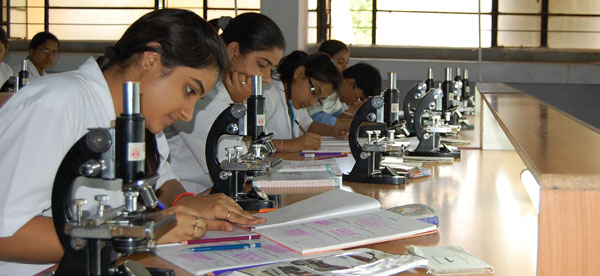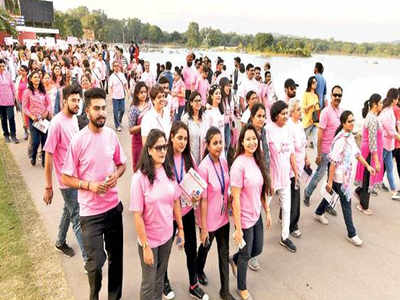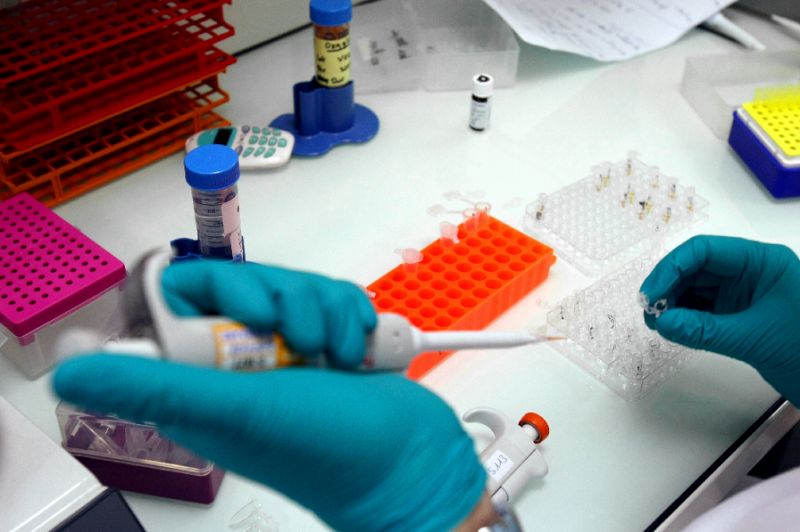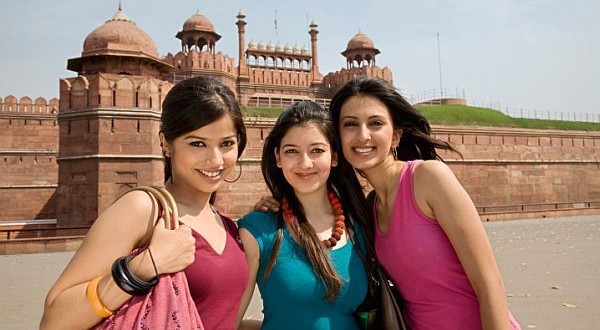CHENNAI|HL
There’s been an 80% drop in Indian medical graduates from foreign universities passing the mandatory screening test conducted by the National Board of Examinations from 2005 – 2015.
According to the Indian Medical Council Act, 2001 citizens with undergraduate degrees from outside India should clear the screening test conducted twice every year, before they do a one-year internship in one of the medical colleges recognized by the Medical Council of India. The test is conducted online twice a year – June and December – in English. The test will have 300 multiple-choice questions and to clear it, the student should have a minimum of 150/300 (50%).
Foreign medical graduates argue that the test is extremely tough. “Most questions are sourced from post-graduate medical tests,” said Raghuram Nayak, who completed his graduation in Ukraine in 2012. “Every time I appear, I see new questions that are not a part of MBBS curriculum. We have never been able to contest it because the test is online and we never have a question paper,” he said.
The students’ association of foreign medical graduates also claims that the board has made the test purposely difficult to discourage Indian students from going abroad and opt to study in private colleges here that charge as much as 1 crore – foreign medical education costs 25 lakh. These students can’t work as doctors and aren’t even considered graduates in India unless they pass the test. “We studied for six years but our education qualification is just Class 12 pass. Many of students are spending lakhs in coaching centres to clear the screening test,” said Raghuram.
However, officials at the National Board of Examinations vehemently deny these claims. An expert committee which studied 11 question papers from 2013-2015 submitted a report to the ministry of health and family welfare stating that 52.78% of the questions were of “low difficulty level” and 42.22% questions are of moderate difficulty. While 47.27% were considered vital, 38.13% were termed essential, and 14.6 was “desired knowledge”
The National Board of Examination executive director Dr Bipin Batra said that the test had no negative marking and almost 90% of students who graduated in the last four years cleared the test in three attempts. Since 2002, at least 22,500 students have cleared the screening test. “The number of students clearing the test in the first attempt is low. That is because many of these students study in a different language. The public health priorities of that country are different from ours. Reorientation takes time but when they do that many clear the test,” he said.
Inputs:TNN










